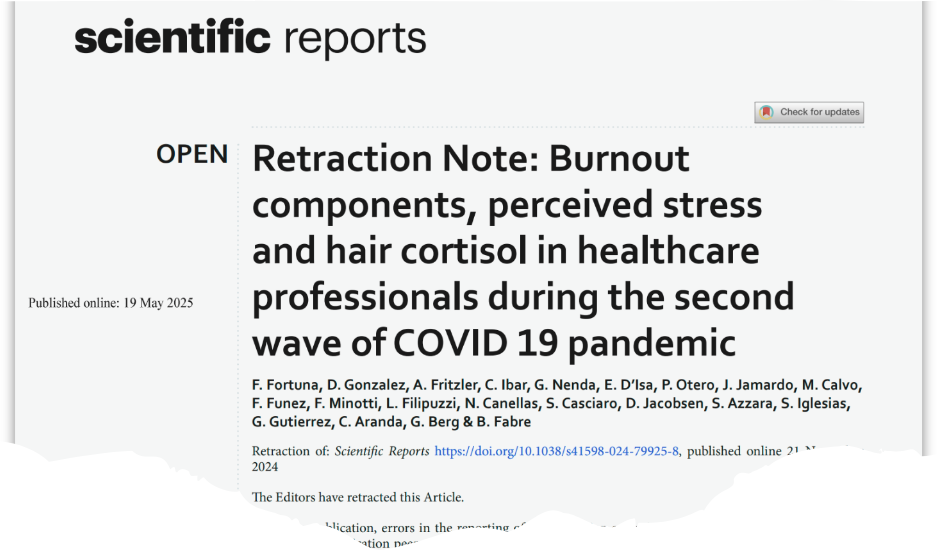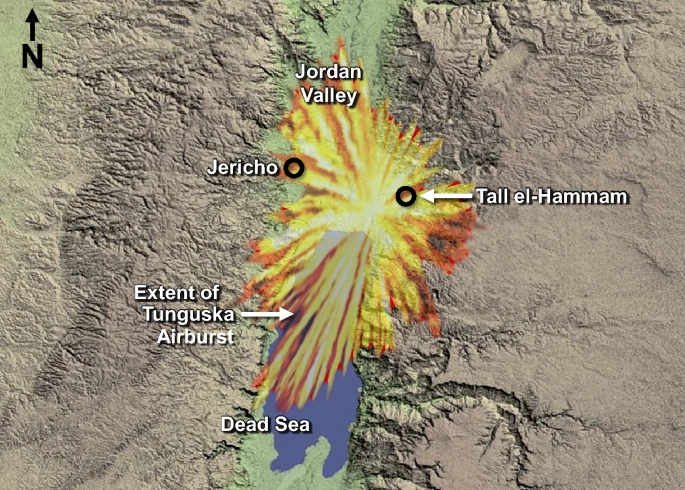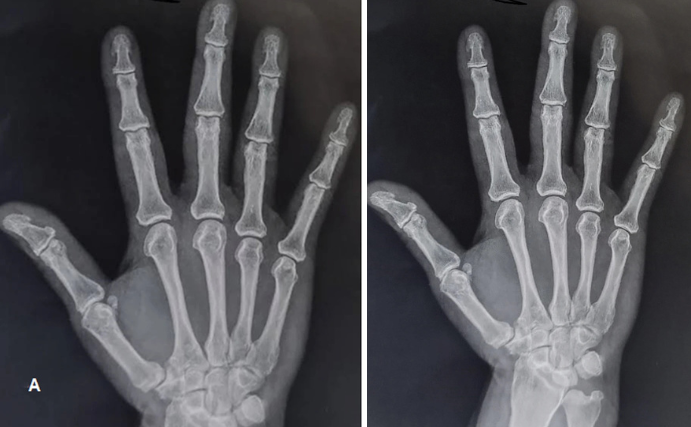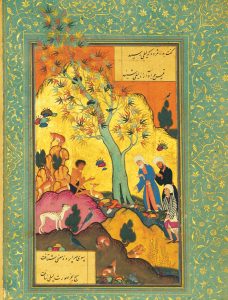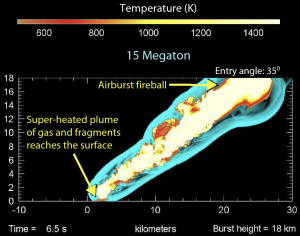The editors of Scientific Reports have retracted an article on burnout because the statistical analysis of its main finding was “unsound.” But the authors dispute the editors’ take on the statistics and claim a mistake in the paper triggered an unfair review.
For the paper, published in November, the authors measured concentrations of cortisol in hair samples from nearly 500 healthcare workers in Buenos Aires to study the effect of the COVID-19 pandemic on chronic stress and burnout. The analysis hinged on a statistical method called mediation analysis.
“Mediation analysis is a method to understand how one thing causes another by looking at what happens in between,” said lead author Federico Fortuna, of the Institute of Physiopathology and Clinical Biochemistry at the University of Buenos Aires. “In our study, we examined whether depersonalisation mediates the relationship between hair cortisol — a biological stress marker — and emotional exhaustion, a key psychological symptom of burnout.”
Continue reading Retraction for ‘unsound’ analysis was ‘disproportionate and discouraging,’ author says